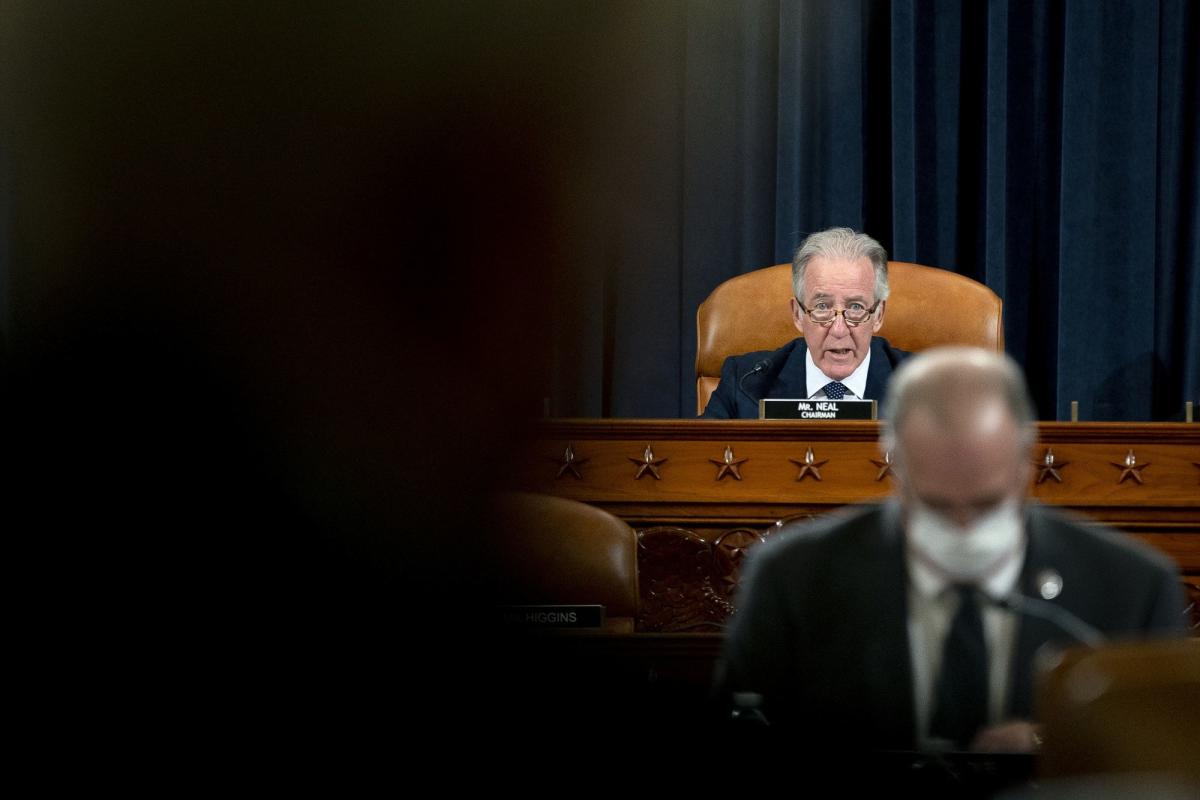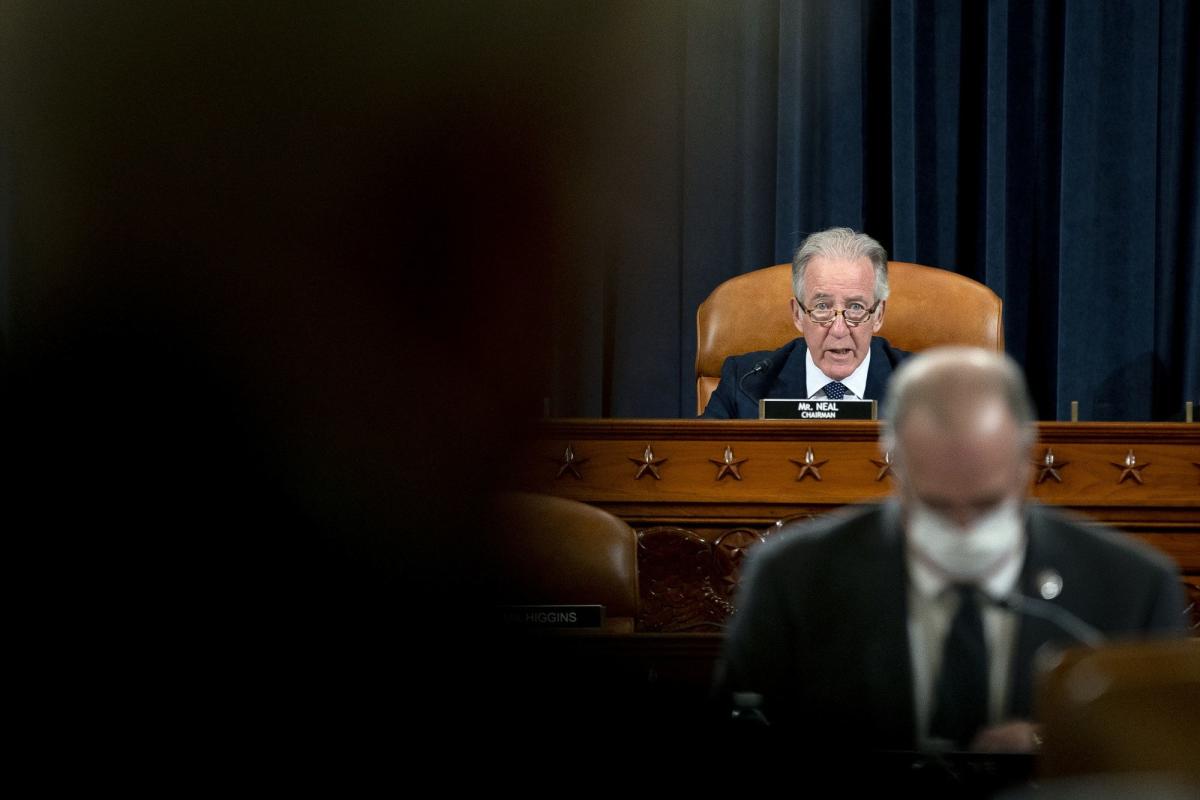
(Bloomberg) — House Ways and Means Chairman Richard Neal said Democrats should prioritize free-trade negotiations with Europe if they’re able to maintain their hold on Congress after the November midterm elections.
Most Read from Bloomberg
“On the European side, there’s 500 million consumers,” Neal told Bloomberg News during an interview in Geneva. “We want to sell our goods there.”
The $1.1 trillion transatlantic trade relationship is the world’s largest bilateral economic exchange, and US trade with the European Union’s 27 members currently takes place on non-preferential terms established at the World Trade Organization.
But rebooting a US-EU trade negotiations won’t be easy. The Biden administration has generally eschewed traditional free-trade deals and is now facing EU complaints that clean-energy tax credits in the Inflation Reduction Act discriminate against European car manufacturers.
Neal acknowledged Europe’s concerns but said it shouldn’t preclude the US from negotiating a trade agreement with the bloc. “I defend it, I thought was a great piece of legislation.”
TTIP Then TPP
The US-EU Transatlantic Trade and Investment Partnership, known as TTIP, faltered after former President Donald Trump was elected in 2016 and Joe Biden’s administration has spent much of its first two years winding down Trump’s trade war with Europe.
Biden’s top trade official, Katherine Tai, ended Trump-era tariffs on steel and other bilateral trade worth billions of dollars and prioritized transatlantic regulatory harmonization under the aegis of the US-EU Trade and Technology Council.
Read more: US-EU Trade, Technology Disputes Persist Despite Unity on Russia
Neal said the US-Canada-Mexico free-trade agreement could provide a template for the US to reboot discussions with Europe. “I’m going to keep saying do what we did with USMCA — labor rights, human rights, climate considerations, economic parity for those people that have not been part of growth,” he said.
“You can do the same thing with TTIP and build some confidence to get to” the Trans Pacific Partnership, the 11-nation agreement known as TTP that Trump withdrew from on his first day in office. “If we’re going to really push back on Chinese economic policies, TPP — or a form of it — is going to do it.”
US-Kenya FTA
Neal also pushed for the administration to engage Kenya in a free-trade agreement, which he said would find ”broad support” on both sides of the aisle in Washington.
“We find it desirable” to reach pact with the East African nation, he said. “We want some entry into Africa for a lot of different reasons, not the least of which we think that it could be a valuable partner in democracy as well as economic policy.”
This summer, Tai rebranded her predecessor’s bilateral negotiations with Nairobi as the US-Kenya Strategic Trade and Investment Partnership, which prioritizes technical cooperation on regulations rather than increasing market access via tariff negotiations.
Globalization’s Not Chic
Neal bemoaned the shifting tide against globalization in the US, which became a punching bag under Trump and has been repeatedly criticized by Tai for failing to equitably spread the benefits of economic growth.
“We’d like to also figure out how we might resurrect a constituency for trade,” Neal said. “Now it’s faltering. The term globalization was pretty chic 25 years ago, 30 years ago. But the reality is that the world is going to continue to globalize, it’s just a matter of how the goods are distributed.”
“We’re 5% of the world’s population,” he said “We want to sell goods to the 95% of the world that doesn’t live in America.”
Most Read from Bloomberg Businessweek
©2022 Bloomberg L.P.




